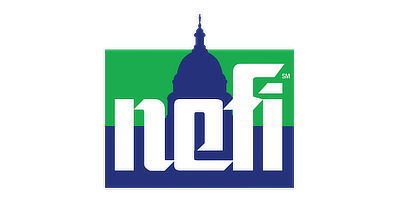NEFI submitted formal comments to the Internal Revenue Service (IRS) this week in response to Notice 2025-10, which outlines the U.S Treasury Department's approach to implementing the “Clean Fuels Production Credit” established under Section 45Z of the Internal Revenue Code.
In its submission, NEFI expressed concerns that the Section 45Z credit structure presents substantial challenges for small businesses in the downstream liquid fuels industry. "The shift from the now-expired blenders' credit to a domestic production credit particularly impacts the Northeast heating oil market, where limited production capacity necessitates supplemental fuel imports to meet growing demand for cleaner fuels," wrote NEFI President and CEO Jim Collura in the comment letter.
The December 31, 2024 expiration of blender tax credit, combined with the absence of final comprehensive guidance for Section 45Z, has created significant market uncertainty for small fuel retailers and distributors. NEFI therefore strongly recommends that the current biodiesel and renewable diesel blender tax credit codified in Section 40A be allowed to continue, at least for now. The organization emphasized that the 40A credit successfully supports both domestic production and fuel distribution without disadvantaging regions such as the Northeast. Its continuance will allow the industry to remain competitive, especially in states that are pursuing mandated electrification.
NEFI's submission included the organization's detailed response to the House Ways & Means Committee Majority's recent Request for Information on Renewable Fuel Tax Incentives, which provides comprehensive analysis of the industry's concerns regarding Section 45Z and recommendations for a more effective approach. Click here to read NEFI’s submission to the IRS.
Ultimately, the fate of federal renewable fuel tax incentives will likely be determined by Congressional Republicans through the budget reconciliation process. NEFI has been engaged in this process and meeting with key lawmakers to discuss its concerns and recommendations. With the new administration's emphasis on domestic energy production and recently expressed support for renewable fuels, there may be opportunities to reshape these incentives to better serve both environmental and economic goals while meeting the evolving needs of downstream energy providers.

 Admin - 02:00 pm -
April 16th, 2025
Admin - 02:00 pm -
April 16th, 2025 







